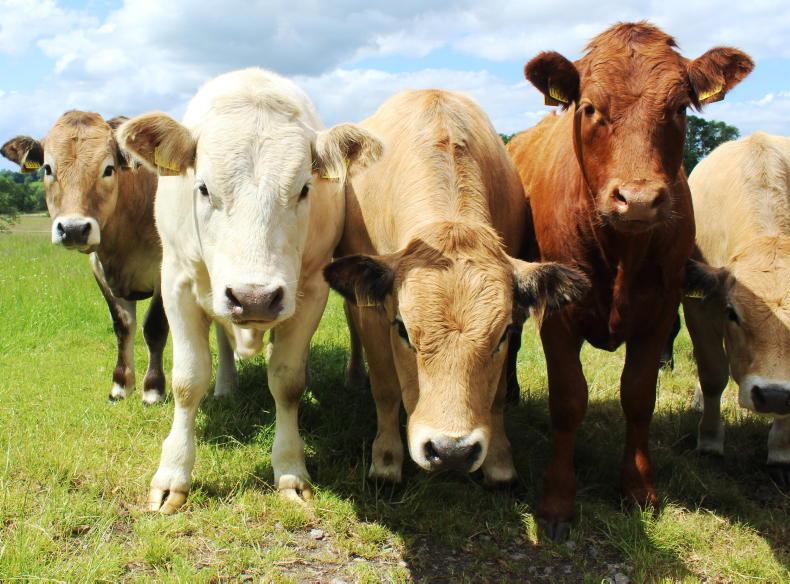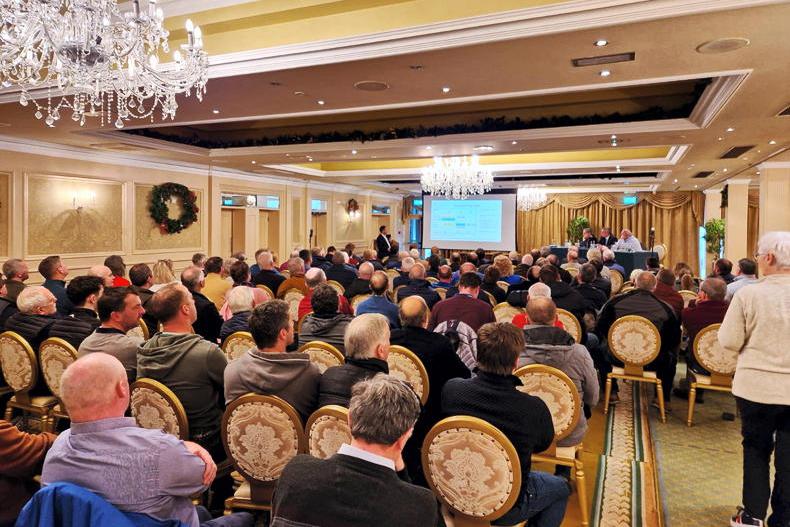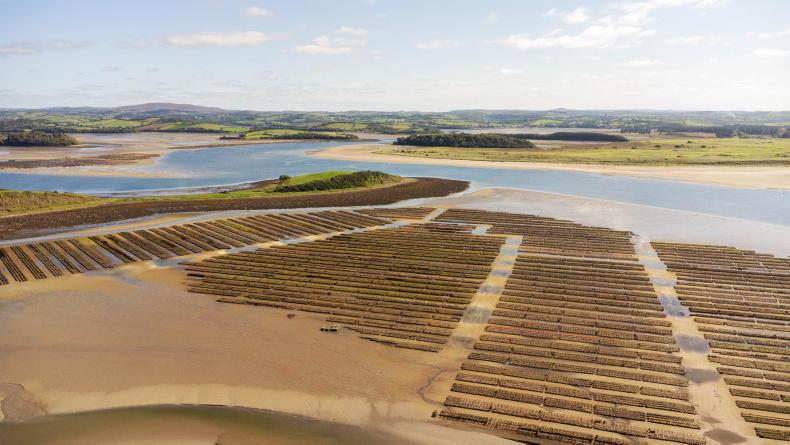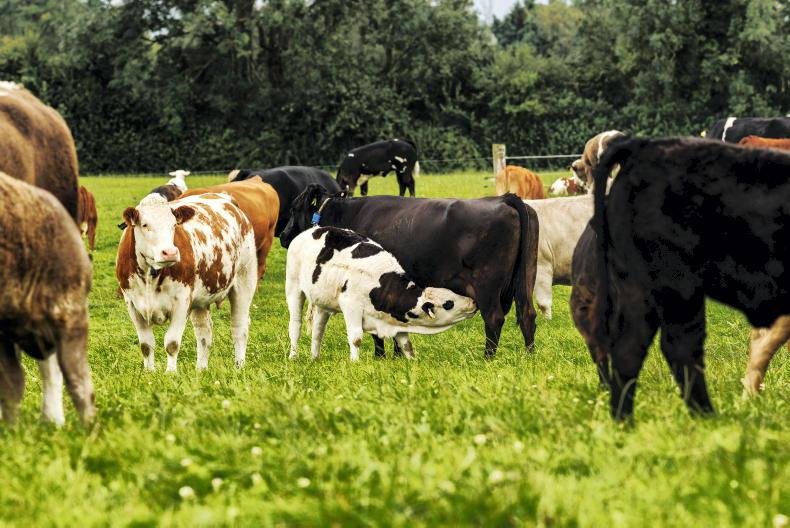In recent times, we have seen a strategy of “money first, policy later” adopted in relation to lobbying for farm schemes. It is built on a theory of securing the money first and then influencing policy later. The ongoing fallout of the BEAM scheme exposes why this doesn’t work. Despite an initial budget of €100m, it is possible that just 60-70% of this could end up being passed back to farmers. The situation is made worse by the fact that money paid out to farmers is now being clawed back.
The decision by Minister for Agriculture Charlie McConalogue to charge farmers an interest rate of 3% on monies not repaid within just one month sees him positioning himself firmly alongside his other Government colleagues who, in recent times, have been accused of being completely tone deaf in relation to the public mood.
Farmers entered BEAM in a state of desperation when the cattle trade had collapsed. The move to immediately claw back this EU support from farmers failing to meet a condition of the scheme, imposed by the Department, is heavy-handed. At the very least, a long-term, interest-free repayment facility should be provided to those affected. Failure to do so could see the minister risk putting pressure on the autumn weanling trade.
The BEAM scheme also included a condition that members must participate in the Bord Bia quality assurance schemes, something which is also included in proposals under the CAP strategic plan. While quality assurance is important, it should be market-driven and able to stand on its own merit without the Department forcing farmers, who have little options financially, to participate in these schemes.
Meanwhile, the lessons of BEAM should not be lost in the context of CAP negotiations. Front and centre of these must be farmer-led policy positions that not only secure adequate funding but ensure these funds can be drawn down through properly designed schemes. The BEAM scheme exposes the risks of leaving the Department to lay the foundations on which future schemes will be built. As with any building project, trying to reshape the design after the foundations have been laid is an extremely difficult if not impossible task.
Moorepark open days good to go
This week we carry a special Focus supplement ahead of the Moorepark open days. Teagasc and FBD deserve great credit for bringing this event together despite the challenges presented by COVID-19. Since the last open day in 2019, we have seen significant developments relating to on-farm technical advice and national policy. In the face of increased restrictions on the use of chemical nitrogen and additional environmental controls, farmers will be keen to understand the impact on farm profitability.
It will be important that farmers get an insight into the robustness of the on-farm research being used to shape the policy direction – particularly in relation to the sustainability of multi-species swards beyond research plots and the establishment and sustainability of high clover swards across a range of land types and grazing systems.
As the NPA gets ready for this year’s Ploughing without the daily tens of thousands of people, we have a special supplement with this week’s Irish Farmers Journal. In it, Andy Doyle speaks to Anna Marie McHugh about the challenges of the past two years. We also carry comprehensive analysis from our specialists and external contributors on how the ongoing changes to agricultural policy will affect farmers across the island.
We wish the NPA and all the competitors well in this year’s competition, which we will be covering extensively across all our platforms and look forward to being there in person to meet all our readers in 2022.
In recent times, we have seen a strategy of “money first, policy later” adopted in relation to lobbying for farm schemes. It is built on a theory of securing the money first and then influencing policy later. The ongoing fallout of the BEAM scheme exposes why this doesn’t work. Despite an initial budget of €100m, it is possible that just 60-70% of this could end up being passed back to farmers. The situation is made worse by the fact that money paid out to farmers is now being clawed back.
The decision by Minister for Agriculture Charlie McConalogue to charge farmers an interest rate of 3% on monies not repaid within just one month sees him positioning himself firmly alongside his other Government colleagues who, in recent times, have been accused of being completely tone deaf in relation to the public mood.
Farmers entered BEAM in a state of desperation when the cattle trade had collapsed. The move to immediately claw back this EU support from farmers failing to meet a condition of the scheme, imposed by the Department, is heavy-handed. At the very least, a long-term, interest-free repayment facility should be provided to those affected. Failure to do so could see the minister risk putting pressure on the autumn weanling trade.
The BEAM scheme also included a condition that members must participate in the Bord Bia quality assurance schemes, something which is also included in proposals under the CAP strategic plan. While quality assurance is important, it should be market-driven and able to stand on its own merit without the Department forcing farmers, who have little options financially, to participate in these schemes.
Meanwhile, the lessons of BEAM should not be lost in the context of CAP negotiations. Front and centre of these must be farmer-led policy positions that not only secure adequate funding but ensure these funds can be drawn down through properly designed schemes. The BEAM scheme exposes the risks of leaving the Department to lay the foundations on which future schemes will be built. As with any building project, trying to reshape the design after the foundations have been laid is an extremely difficult if not impossible task.
Moorepark open days good to go
This week we carry a special Focus supplement ahead of the Moorepark open days. Teagasc and FBD deserve great credit for bringing this event together despite the challenges presented by COVID-19. Since the last open day in 2019, we have seen significant developments relating to on-farm technical advice and national policy. In the face of increased restrictions on the use of chemical nitrogen and additional environmental controls, farmers will be keen to understand the impact on farm profitability.
It will be important that farmers get an insight into the robustness of the on-farm research being used to shape the policy direction – particularly in relation to the sustainability of multi-species swards beyond research plots and the establishment and sustainability of high clover swards across a range of land types and grazing systems.
As the NPA gets ready for this year’s Ploughing without the daily tens of thousands of people, we have a special supplement with this week’s Irish Farmers Journal. In it, Andy Doyle speaks to Anna Marie McHugh about the challenges of the past two years. We also carry comprehensive analysis from our specialists and external contributors on how the ongoing changes to agricultural policy will affect farmers across the island.
We wish the NPA and all the competitors well in this year’s competition, which we will be covering extensively across all our platforms and look forward to being there in person to meet all our readers in 2022.









SHARING OPTIONS